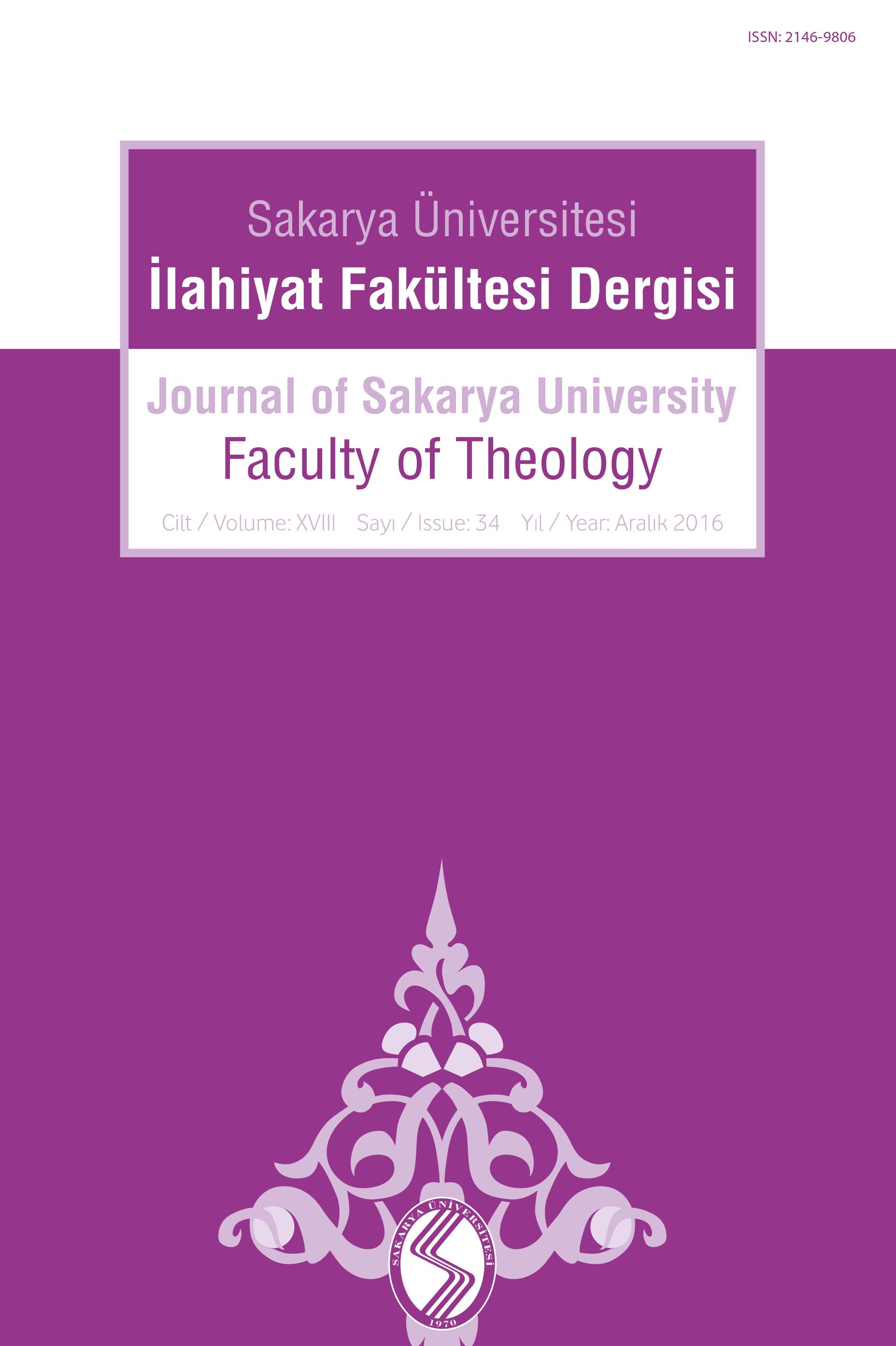JOHN STUART MILL'İN ERDEM TEORİSİ ve ARAÇSALLAŞTIRILMIŞ DEĞERLER
John Stuart Mill's Virtue Theory And Instrumentalized Virtues
Author(s): Metin AydinSubject(s): Ethics / Practical Philosophy, Social Philosophy, Theology and Religion, 19th Century Philosophy
Published by: Sakarya üniversitesi
Keywords: Jeremy Bentham; John Stuart Mill; Utilitarianism; Happiness; Virtue;
Summary/Abstract: eremy Bentham and John Stuart Mill are two of the most important figures of utilitarianism, one of the foremost theories of morality in the last two hundred years. These two thinkers have disagreements on utilitarian theory in some respects, although they agree on many issues. The most important of these issues is the concept of pleasure, which is the most basic concept of the theory. Mill, in contrast to Bentham, also makes a qualitative distinction between pleasures in addition to quantity and divides pleasures into higher and lower pleasures. This distinction gives the general form of Mill's virtue theory. According to his virtue theory, people only desire happiness, and all that is desired, including virtues, is basically desirable in terms of being a means for happiness. But on the other hand, Mill also claims that the virtues are the aims to be desired in themselves. This approach of Mill leads to a paradoxical situation in which virtues are at the same time both means and aims. This paradoxical situation is criticized by interpreters from various aspects. The basis of these criticisms is that the distinction between means and aims has been removed, and the virtues are claimed by Mill as both aims and means. This article justifies the assertion that regardless of how virtues are understood, they only have instrumental value in Mill’s system.
Journal: Sakarya Üniversitesi İlahiyat Fakültesi Dergisi (SAUIFD)
- Issue Year: 20/2018
- Issue No: 37
- Page Range: 53-79
- Page Count: 27
- Language: Turkish

